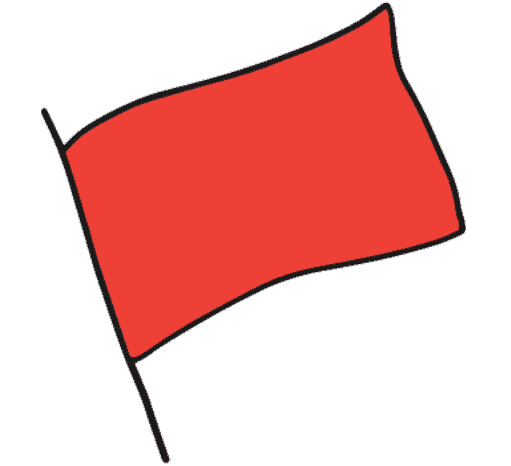The Nike juice golf balls were released in 2006. They were designed specifically for players who could hit long distances. However, since their release there have been many changes to the rules of golf. Many of these changes lead people to believe that Nike juice golf balls are illegal. So, I decided to do some research and figure out if they are legal or illegal.
To figure this out, I took a look at the USGA and R&A equipment database.
Are Nike Juice golf balls illegal? According to the USGA and R&A, Nike juice golf balls are illegal for any casual, high-level amateur, or professional rounds and tournaments. In other words, golfers are not allowed to use Nike juice golf balls.
Below is a screenshot that I took from the database search. This database has the names of every single legal golf ball registered with the USGA.
As you can see, I searched for juice under conforming golf balls, and nothing popped up. When there is no result, that means that the golf ball is illegal.
For reference, the USGA and R & A are considered governing bodies of golf. Practically all organizations and golf groups follow their rules. Any piece of equipment that either of these organizations deem as illegal should be seen as illegal by all other golfing groups.
What Is The USGA and R&A Equipment Database?
The USGA and R&A database are essentially catalogs of every single legal piece of equipment. They store thousands of different products and models of golf equipment. Any piece of equipment that is approved by these organizations is listed in this database. The USGA’s version of this database is in a PDF format, both contain the same information, just in a different medium.
What Makes A Golf Ball Illegal?
While there is no specific reason as to why the Nike juice golf balls are illegal, it is safe to assume that the ball violates one of these rules below. In other words, there are a few sets of rules that the ball must adhere to in order to be considered legal.
From the USGA Equipment Rules:
- Golf balls may have a single, concentric core with a diameter of ≤ 0.9-in
- The weight of the ball must not be greater than 1.620 ounces avoirdupois
- The ball must not be designed, manufactured or intentionally modified to have properties which differ from those of a spherically symmetrical ball
- The diameter of the ball must not be less than 1.680 inches
